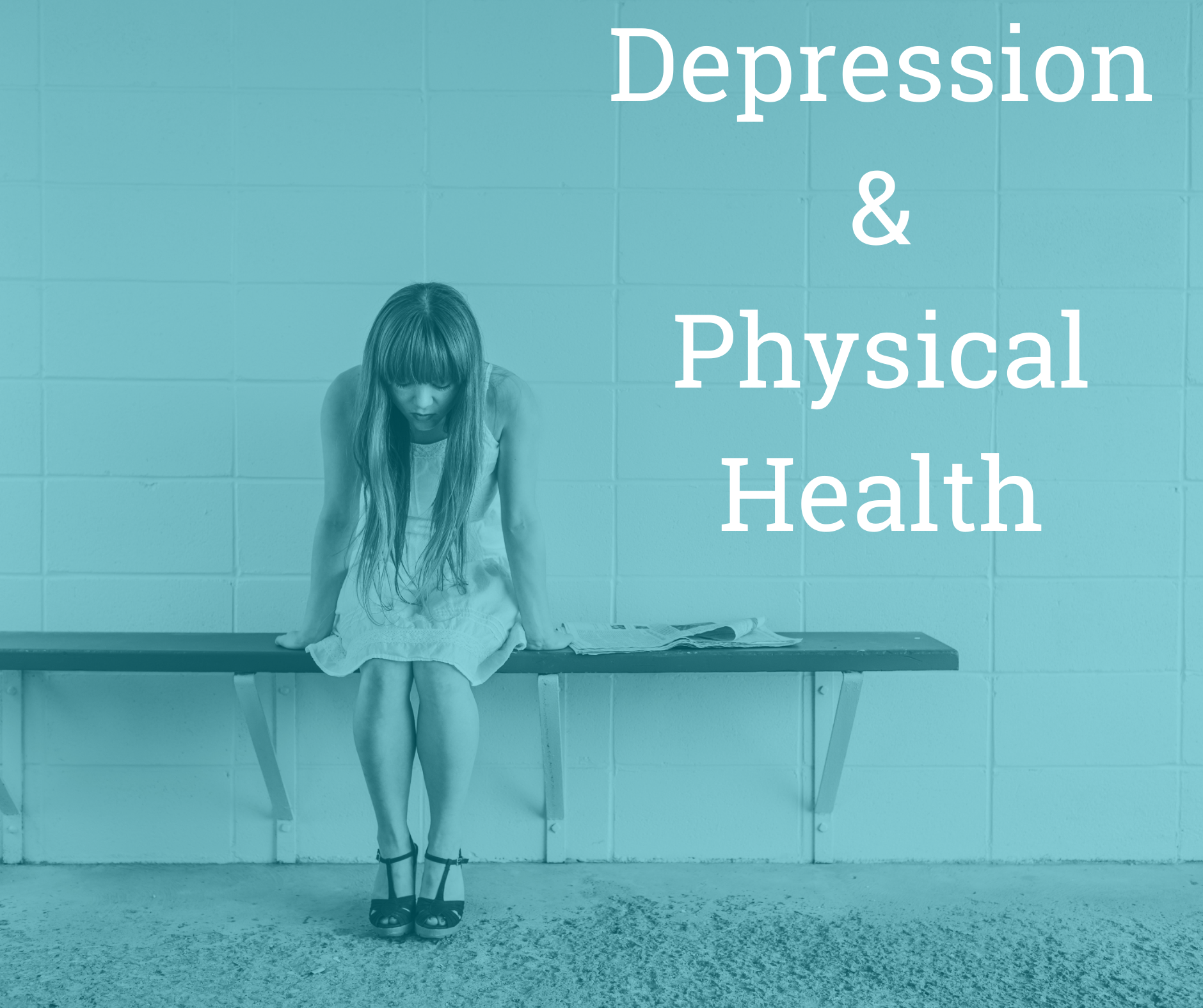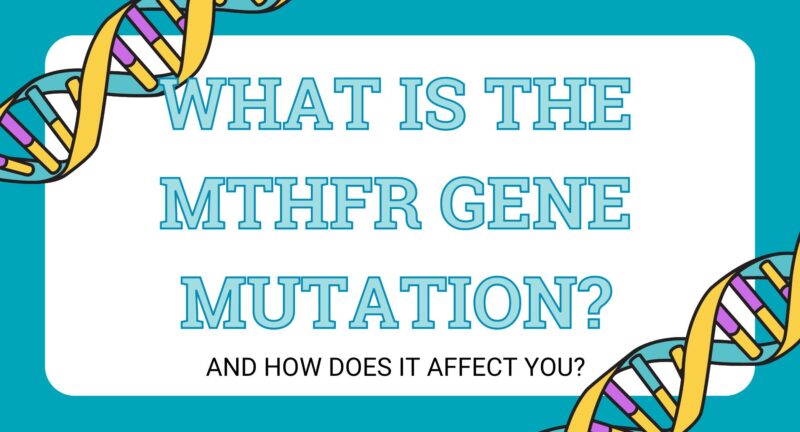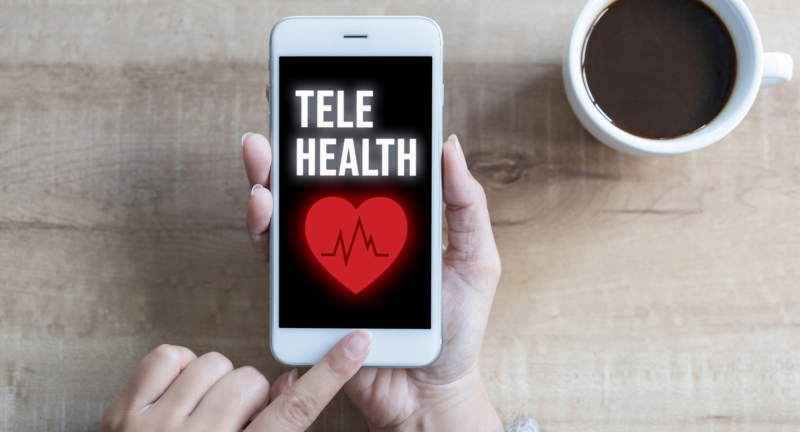
How Untreated Depression Can Negatively Impact Your Health
Over 322 million people live with depression, according to the American Depression and Anxiety Association [1] . While depression is a common mental illness, it’s not something to brush off. Depression is serious, and those living with it often need treatment to feel better. There are many different types of depression – including major depression, persistent depressive disorder, and postpartum depression just to name a few. Depending on the type of depression you have, you’ll notice that the symptoms suffered may be as individual as you are. Depression may affect your mental health in many ways, from intense feelings of sadness to a loss of interest in the things that you used to love.
In addition to taking a toll on your mental health, untreated depression can also impact your physical health.
At Next Step 2 Mental Health, our team of compassionate providers wants you to know how depression can impact your physical health. In this article, we’ll explore how depression can affect physical health in adults — and what you can do about it.
Depression Causes Sleep Disruptions
If you’re noticing changes to your sleeping patterns, take note. Changes in sleep habits and patterns is a common sign of untreated depression. You might struggle with:
- Insomnia, either difficulty falling asleep and/or staying asleep
- Sleeping too much
Regardless of which end of the spectrum you fall into, you may never feel quite rested. When you don’t get the quality and quantity of sleep you need, your body is affected. Poor sleep contributes to:
- Fatigue
- Lack of energy
- Daytime sleepiness
- Irritability
- Brain fog
- Poor memory
- Weakened immune system
A chronic lack of quality sleep can also increase your risk of diabetes and heart disease. [2]
Depression and Eating Disorders
There is a strong link between depression and eating disorders. Here are a few facts:
- Depression can lead to either overeating or loss of appetite. Weight gain and weight loss are both symptoms of depression.
- 24% of individuals with bipolar disorder also had an eating disorder [3]
- Almost 50% of those who struggled with binge eating had depression [3]
- Anxiety and depression can trigger anorexia [3]
If you or a loved one are struggling with an eating disorder, you can find the National Eating Disorder Association Crisis Hotline information here.
Depression and Heart Disease
We already covered that depression can contribute to sleep disturbances, and a chronic loss of sleep can increase the risk of developing heart disease. The experts at Cleveland Clinic estimate that 15% of people with heart disease have depression. [4]
Researchers continue to link untreated depression and heart disease. A 2015 study published in the journal Circulation highlighted that teenagers with untreated major depression were more likely to develop early-onset cardiovascular disease. [5]
Depression Causes Pain and Fatigue

Monica Clark, LPA highlights an important point: “Depression is not just in your head.” She continues to share that depression can cause real, tangible pain. This includes headaches, stomach pain, and muscle tension. Depression can alter the way you experience pain, decreasing your pain tolerance. Not only do you feel pain more acutely, but you also might take longer to recover from exerting activities.
Depression Affects Your Immune System
Did you know that depression can suppress your immune system? You’re more susceptible to illness – such as the flu or a cold — when your immune system is weak.
How does depression suppress your immune system? Depression affects your immune system:
- Lack of sleep can weaken your immune system
- Poor nutrition can also weaken your immune system [6]
Remember: ~70% of your immune system in created in your gut. [7]
Depression and Libido
Unmanaged chronic depression can cause a low (or nonexistent) libido. A low sex drive can be one of the first warning signs of depression. [8] Loss of libido can affect both men and women, but it may be particularly profound for women suffering from postpartum depression. [9]
Early Detection and Swift Treatment
While we just covered a lot of serious ways that untreated depression can impact your physical health, it’s important not to brush off these symptoms. Even if you can “push through”, depression treatment can help you feel better.
Depression treatment, which can include medication and therapy, can address the mental symptoms. As your depression is managed, you should see that the physical symptoms improve too.
We’re Here For You
Our team at Next Step 2 Mental Health can help you break the cycle of depression using all a multidisciplinary approach that may include medication, therapy, lifestyle changes — or a combination of these.
We’re just a call or click away. Our Louisville, Kentucky office can be reached at 502-339-2442. You can also request an appointment online.
References:
- https://adaa.org/understanding-anxiety/depression
- https://www.healthline.com/health/sleep-deprivation/effects-on-body#:~:text=If%20you%20don%27t%20get,diabetes%20mellitus%20and%20heart%20disease.
- https://www.webmd.com/mental-health/eating-disorders/features/eating-disorders#1
- https://my.clevelandclinic.org/health/diseases/16917-depression–heart-disease
- https://www.ahajournals.org/doi/full/10.1161/CIR.0000000000000229
- https://www.ncbi.nlm.nih.gov/pmc/articles/PMC2738337/
- https://www.ncbi.nlm.nih.gov/pmc/articles/PMC3337124/
- https://www.hopkinsmedicine.org/health/wellness-and-prevention/low-sex-drive-could-it-be-a-sign-of-depression
- https://www.ncbi.nlm.nih.gov/pmc/articles/PMC5462380/
Related Posts
What Is the MTHFR Gene Mutation? And How Does It Affect You?
In recent years, the MTHFR gene has garnered attention for its role in various...
Preparing for Telehealth: What Parents Need to Know
As parents, you've no doubt taken your child to dentist appointments, eye doctor...


